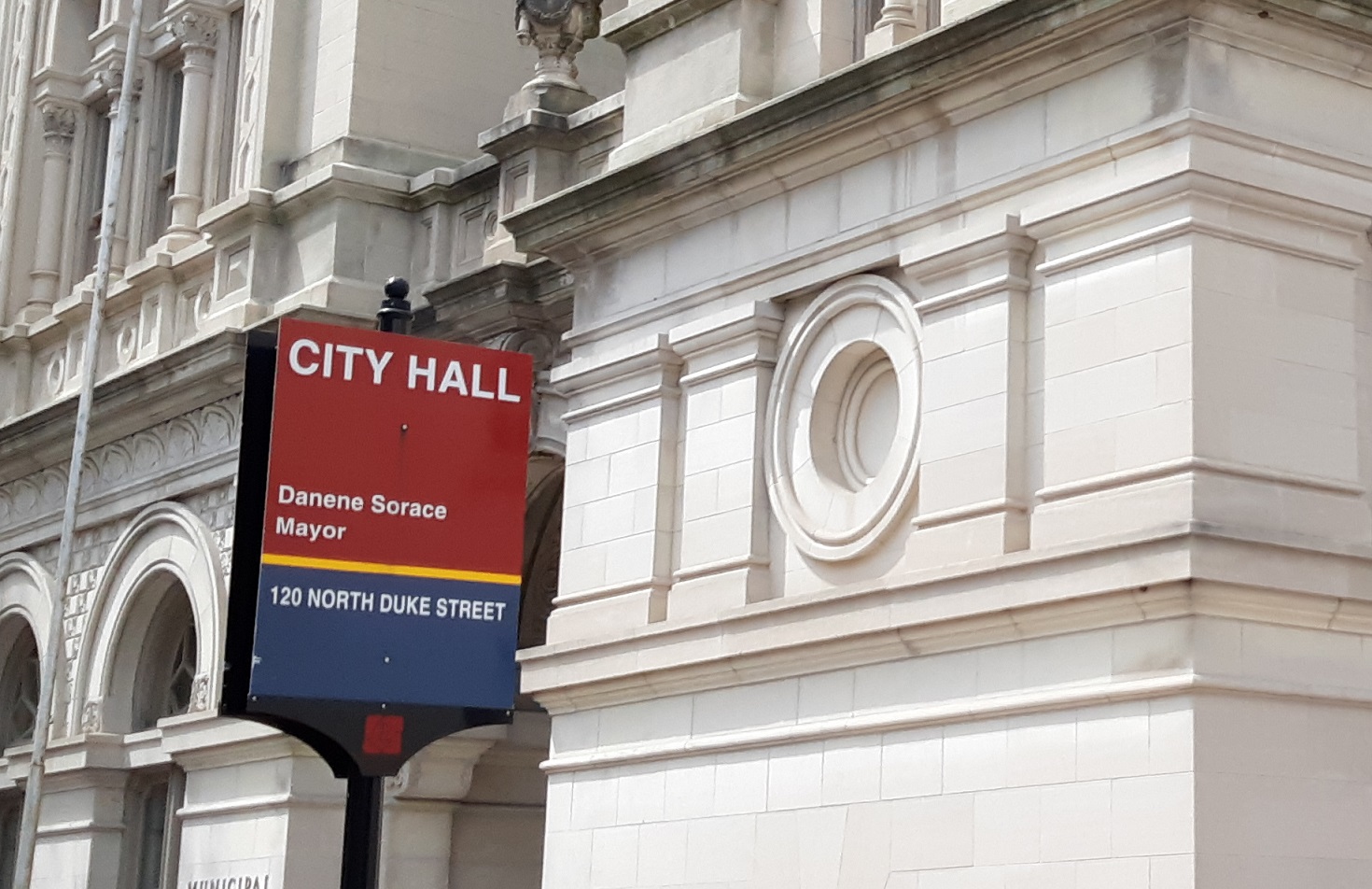Lancaster City Council on Tuesday approved tweaks to the zoning code that will allow more Airbnb-style short-term rentals, or STRs, in business-friendly areas.
It also corrected a mistake in a previous revision of the code that inadvertently mandated higher parking requirements for “homestays” — rooms rented out short-term by on-premises homeowners — than the city administration had intended.
The vote was 6-0; Councilwoman Katie Walsh was absent.
As discussed at earlier meetings, the change will allow buildings with ground-floor storefronts and one or two upstairs apartments to rent those apartments as STRs.
Larger buildings with three apartments or more aren’t eligible. Moreover, new STRs remain permissible only in the city’s commercial and mixed-use zoning districts, following City Council’s decision last year to ban their further spread in residential areas.
Many upstairs apartments in Lancaster have remained unused for decades because it is so expensive to bring them up to current code and living standards. The hope is that the change will inspire more property owners to renovate those vacant properties and bring them online as STRs, given their upside earning potential, Chief Planner Douglas Smith said.
That should help promote economic development, especially for small-scale entrepreneurs, without adversely affecting the city’s supply of rental housing, he said.
In response to questions from City Council, Smith said the major STR platforms like Airbnb and VRBO remit all applicable taxes to the appropriate jurisdiction, including the county hotel tax that helps fund the Lancaster County Convention Center. The convention center authority’s executive director, Kevin Molloy, provided the city a letter confirming the authority is supportive of STRs, saying they enhance the overall tourism economy.
Several questions revolved around the parking amendment. Smith said that for homestays, the intention had always been to allow one room to be rented without requiring an additional parking space, and to require it only if two rooms were rented.
Planners, he said, felt that the neighborhood parking burden from single-room rentals would not be that significant — there would be no net increase, for example, if the room in question had previously been occupied by a family member with a car, such as a high school student who has gone off to college.
A clerical error, however, resulted in the code stipulating an extra parking space in both instances. Council’s vote Tuesday brings the text of the ordinance into accordance with its intent, he said.
As for STRs, since there are no parking requirements in the central business district, with its many garages, they need provide no on-premises spaces.
In other areas, they must provide one parking space, and additional space if they have four bedrooms or more.






